How to Eat Healthily with Food Allergies
Living with food allergies can be challenging, but it doesn't mean you can't enjoy a healthy and balanced diet. By making informed choices and knowing how to adapt your eating habits, you can maintain a nutritious lifestyle despite your allergies. This guide will provide you with strategies and tips on how to eat healthily with food allergies.
Understanding Your Allergies
Before you can start making changes to your diet, it's crucial to understand what you're allergic to and the severity of your reactions. Consult with an allergist or a healthcare professional to get a clear diagnosis and learn about the specific allergens to avoid.
Read Food Labels Carefully
Always read food labels when shopping for groceries. Look for hidden allergens and cross-contamination warnings. Familiarize yourself with different names for the allergens you need to avoid. For example, if you're allergic to wheat, be aware that it can be listed as spelt, kamut, or farro.
Common Allergens
- Tree nuts
- Peanuts
- Shellfish
- Fish
- Soy
- Wheat
- Eggs
- Milk
- Eggplant
- Mustard
Build a Safe Food List
Create a list of foods that are safe for you to eat. This will help you when planning meals and grocery shopping. Include a variety of food groups to ensure you're getting a balanced diet:
- Fruits and vegetables
- Grains (gluten-free if you have a wheat allergy)
- Protein sources (lean meats, fish, beans, legumes)
- Dairy or dairy alternatives (if you can tolerate them)
- Healthy fats (olive oil, avocado, nuts, seeds)
Plan Your Meals
Planning your meals in advance can help you avoid last-minute temptations that may not be allergy-friendly. Consider the following when planning:
- Meal frequency and timing
- Portion sizes
- Nutrient balance (protein, carbohydrates, fats, vitamins, and minerals)
- Food variety to prevent boredom and ensure a well-rounded diet
Cook at Home
Cooking at home allows you to have full control over the ingredients and preparation methods. This is the best way to ensure that your meals are free from allergens and tailored to your dietary needs.
Eat Out Safely
Eating out can be tricky with food allergies, but it's not impossible. Here are some tips for dining out safely:
- Call ahead and inform the restaurant about your allergies.
- Ask for the chef or manager to discuss your needs.
- Choose simple dishes that are less likely to contain hidden allergens.
- Carry allergy medication with you at all times.
Stock Up on Allergy-Friendly Foods
Having a well-stocked pantry and fridge with allergy-friendly foods can help you avoid last-minute cravings and ensure you always have something safe to eat. Some suggestions include:
- Gluten-free pasta and bread
- Rice milk, almond milk, or other dairy-free milk alternatives
- Nut butters (as long as you're not allergic to nuts)
- Fresh fruits and vegetables
- Lean meats and fish
Seek Support
Living with food allergies can be isolating, but there are many support groups and resources available. Connect with others who have similar allergies, either online or in person, to share tips, recipes, and encouragement.
Stay Educated
Food allergies and dietary needs are always evolving. Stay informed about the latest research, food labeling laws, and new products on the market. This will help you make the best choices for your health and well-being.
Conclusion
Eating healthily with food allergies is entirely possible with careful planning, knowledge, and a bit of creativity. By following these tips and working closely with healthcare professionals, you can maintain a nutritious and enjoyable diet that caters to your specific needs.
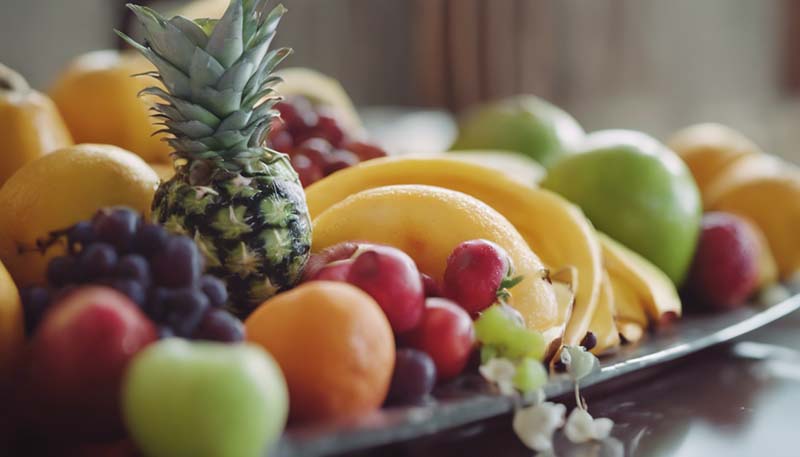







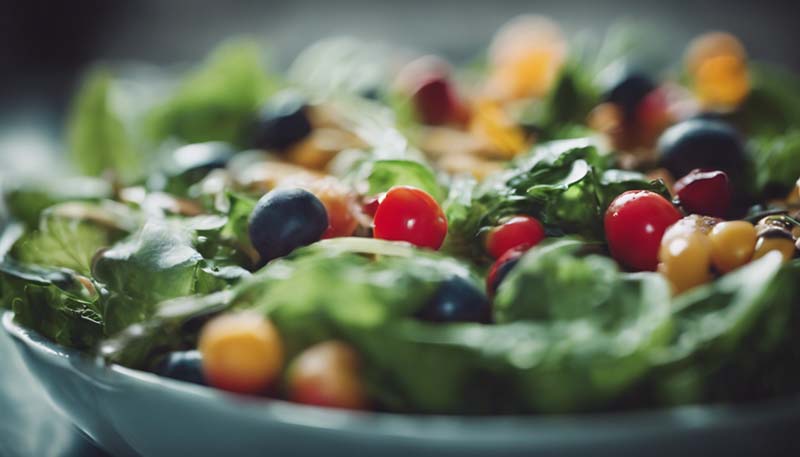
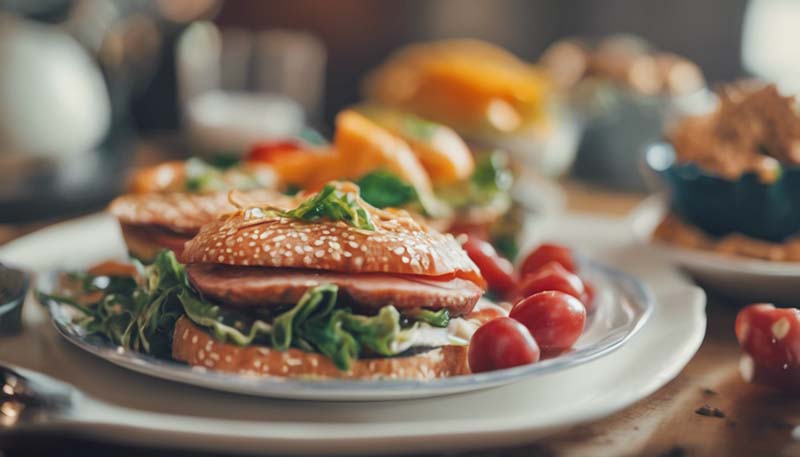


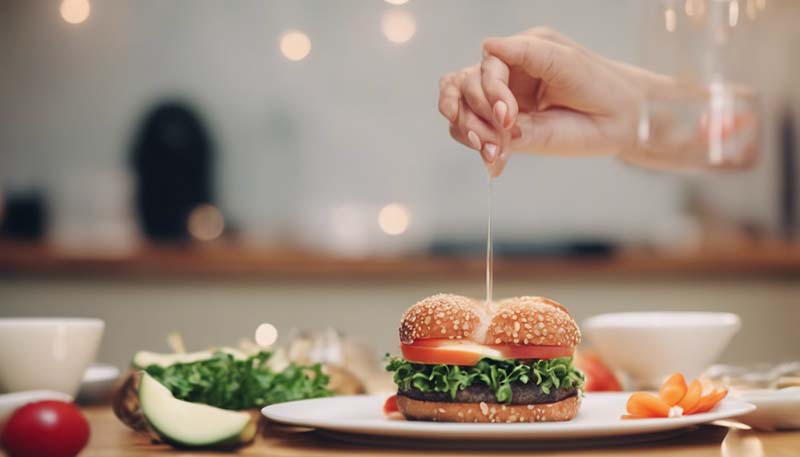

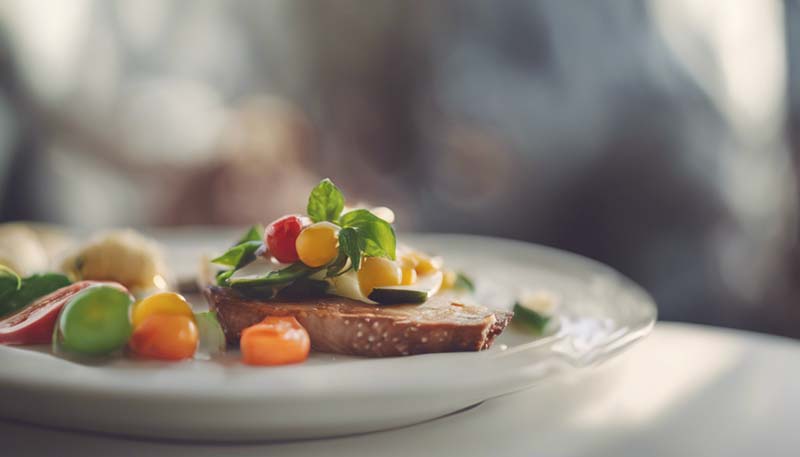

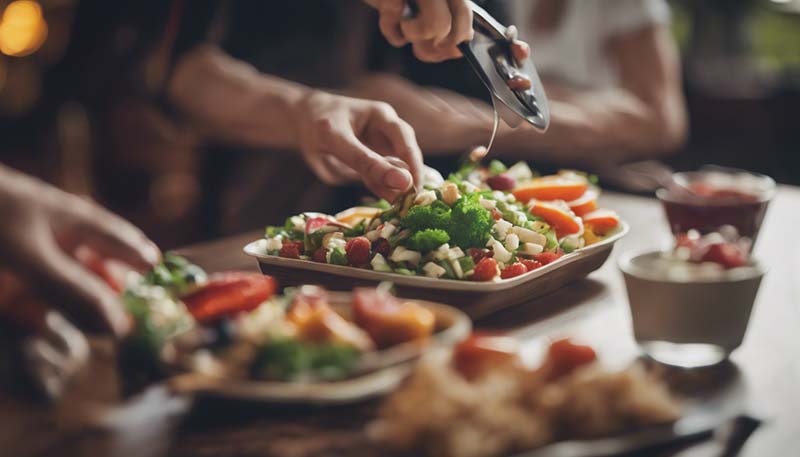


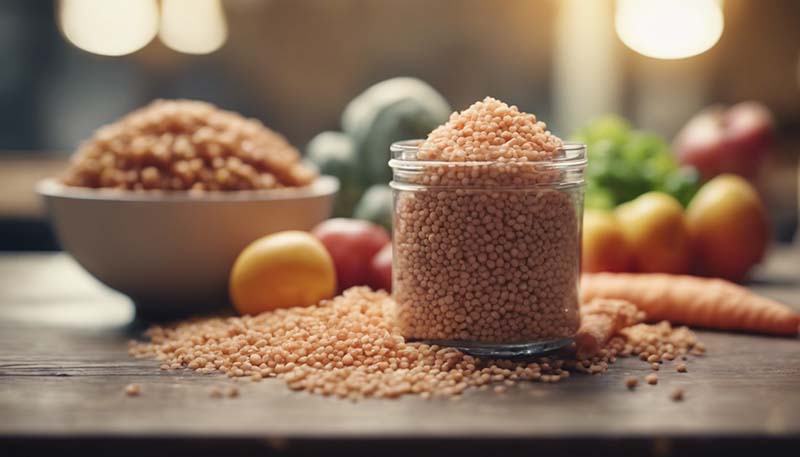
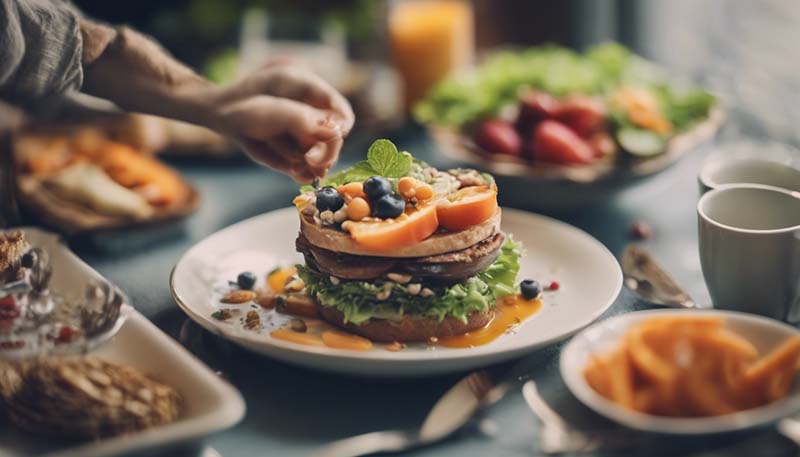




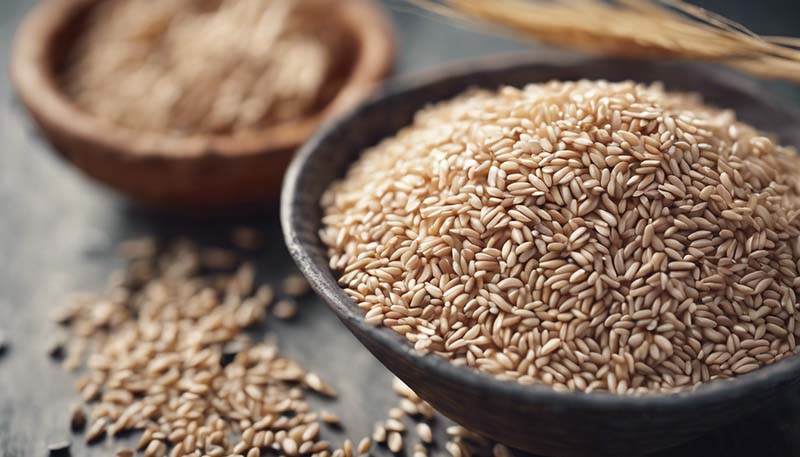



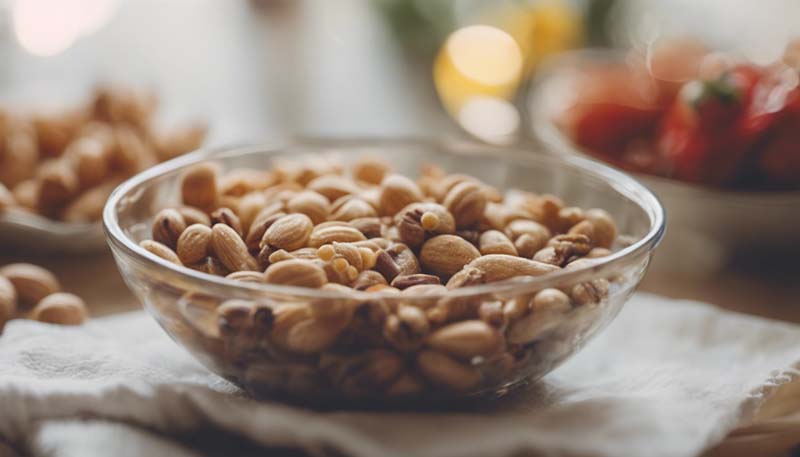
Join the discussion